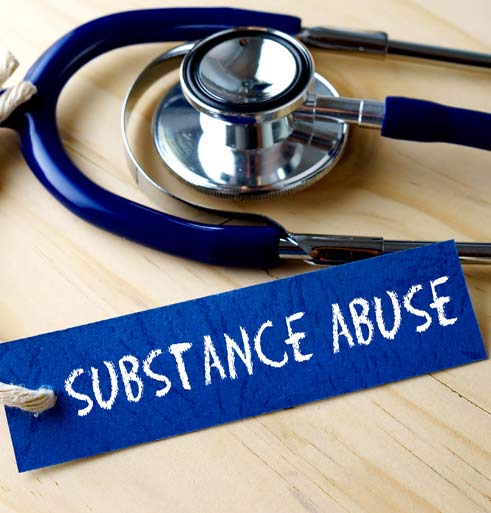Recovery
and relapse prevention
A common definition of addiction is using the substance (substances, heroin, meth, marijuana, prescription drugs or any other mood altering substance) to the extent when a person is physically, mentally, and/or spiritually dependent on the substance to feel better, or to feel normal.

Currently, nearly 14 million Americans—1 in every 13 adults—abuse substances or are substances. Several million more adults engage in risky drinking that could lead to substances problems. These patterns include binge drinking and heavy drinking on a regular basis. In addition, 53 percent of men and women in the United States report that one or more of their close relatives have a drinking problem.
The consequences of substance abuse are serious—and can become life threatening. There may be an increased risk for certain cancers, especially those of the liver and throat. Reduced immune system functioning has been found. In addition, substance abuse increases the risk of death from automobile crashes as well as recreational and on-the-job injuries. These related consequences are often in addition to the interpersonal, familial and social repercussions.

The CAGE Guideline
A popular screening tool for substances abuse is the CAGE test, which is a short, four-question test that identifies substances problems over a lifetime. This guideline maybe applied to use of any other substances
- C – Have you ever felt you should cut down on your drinking?
- A – Have people annoyed you by criticizing your drinking?
- G – Have you ever felt bad or guilty about your drinking?
- E – Eye opener: Have you ever had a drink first thing in the morning to steady your nerves or to get rid of a hangover?
If you answered yes to at least two of the above questions, you may be at risk of having a problem with alcohol and/or substances

 (561) 283-0206
(561) 283-0206